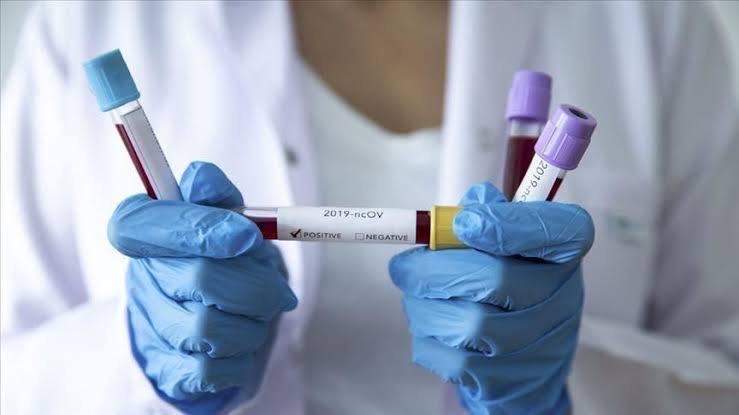The Russian Direct Investment Fund (RDIF) said on Wednesday that the production of Russia’s coronavirus vaccine, dubbed Sputnik V, for Kazakhstan would be carried out by one of its international partners.
SEE ALSO: Over 800m Children Worldwide Lack Basic Hand Washing Facilities At School- UN
Earlier in the day, Kazakh state pharmaceutical distributor SK-Pharmacy reached an agreement with the RDIF to procure and distribute the Russian vaccine in Kazakhstan.
“The supply of the vaccine for Kazakhstan is planned to be produced by one of the RDIF’s international partners,” the fund said.
According to the press release, the supply will include more than 2 million initial doses with the outlook to increase the amount to 5 million doses.
On Aug. 11, the Russian government officially registered Sputnik V as the world’s first vaccine against COVID-19.
According to RDIF CEO Kirill Dmitriev, the fund has received applications from more than 20 countries for the purchase of around one billion doses of the vaccine.

